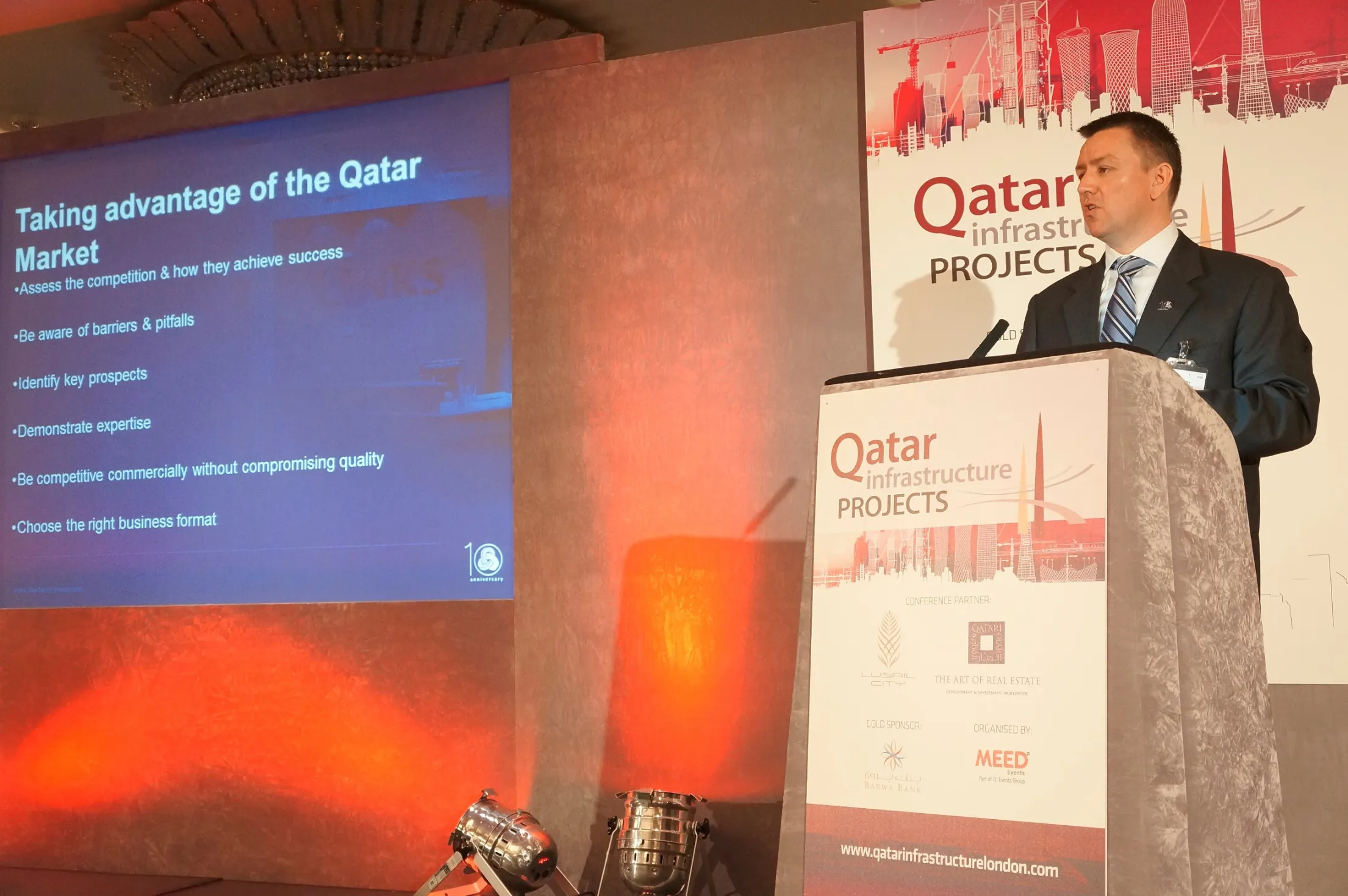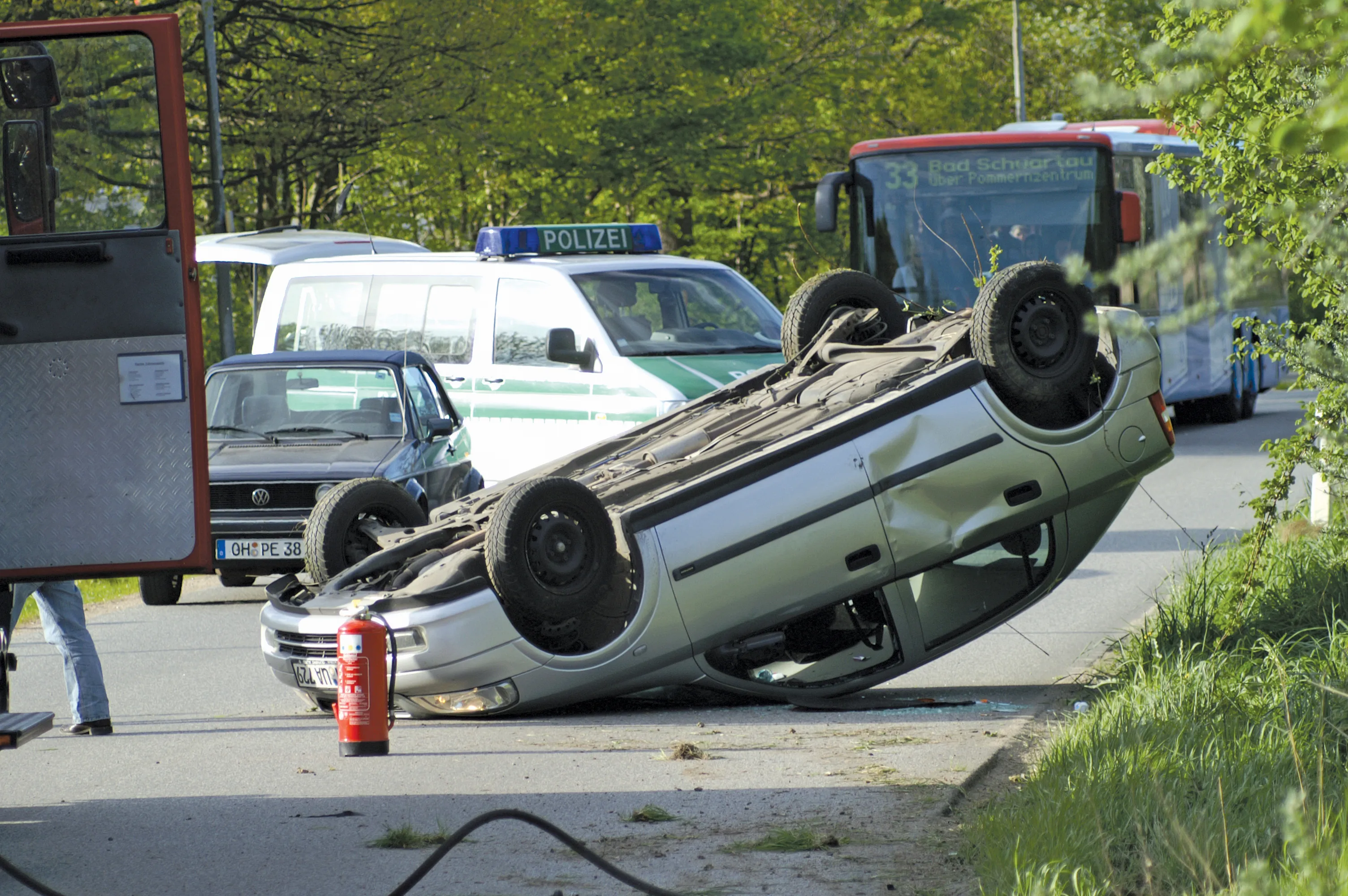In a key development, Argentina, Israel and Morocco are joining the International Transport Forum (ITF). The decision was made at a summit of international transport ministers held in the German city of Leipzig, who unanimously approved membership of the countries. Of particular note is the appointment of Morocco, the first full ITF member country from Africa.
Housed by the OECD in Paris (France), the ITF is an intergovernmental organisation that acts as a think tank for transport policy and organises the
June 4, 2015
Read time: 3 mins
In a key development, Argentina, Israel and Morocco are joining the 1102 International Transport Forum (ITF). The decision was made at a summit of international transport ministers held in the German city of Leipzig, who unanimously approved membership of the countries. Of particular note is the appointment of Morocco, the first full ITF member country from Africa.
Housed by the OECD in Paris (France), the ITF is an intergovernmental organisation that acts as a think tank for transport policy and organises the Annual Summit of transport ministers. ITF is the only global body that covers all transport modes. This decision takes the number of ITF member countries from 54 to 57.
Previously, Morocco was an observer country since the creation of ITF in 2006. “Morocco’s accession will be a plus for the Forum. It is also a positive development for Morocco,” said Mohamed Najib Boulif, Morocco’s deputy minister of Transport. “The geostrategic position of Morocco in the Mediterranean, in Africa, in the MENA region: these are all strategic assets for Morocco’s participation.”
Israel joins the ITF after becoming a member of the Organisation of Economic Co-operation and Development (OECD) in 2010. “Israel is keen to contribute to the work of the ITF, and to be inspired by it,” said Moshe Kamhi, Director of Economic International Organisations in Israel’s Ministry of Foreign Affairs, on the occasion of Israel’s accession.
Argentina is the second ITF member country from South America, following the accession of Chile in 2012. Argentina has been actively involved with the ITF’s permanent working group on road safety (known as3444 IRTAD) since 2009. It has been a leading force in establishing the Ibero-American Road Safety Observatory (OISEVI), for which IRTAD operates a Spanish-language database with road crash information.
Simon Bridges, minister of Transport of New Zealand, the 2015 ITF presidency country said, “New Zealand welcomes Morocco, Argentina and Israel to the International Transport Forum. The expanded membership of the ITF promises the opportunity to promote an increasingly global outlook for the work of the ITF.”
ITF secretary-general José Viegas also expressed his satisfaction at the accession of the three countries. “ITF is the global, all-modes transport organisation. These three new members make the ITF even more global, and they bring significant transport experience to the table,” said Viegas. “We will be working with the governments of Argentina, Israel and Morocco to ensure that they get value for their policy making out of their membership.”
Housed by the OECD in Paris (France), the ITF is an intergovernmental organisation that acts as a think tank for transport policy and organises the Annual Summit of transport ministers. ITF is the only global body that covers all transport modes. This decision takes the number of ITF member countries from 54 to 57.
Previously, Morocco was an observer country since the creation of ITF in 2006. “Morocco’s accession will be a plus for the Forum. It is also a positive development for Morocco,” said Mohamed Najib Boulif, Morocco’s deputy minister of Transport. “The geostrategic position of Morocco in the Mediterranean, in Africa, in the MENA region: these are all strategic assets for Morocco’s participation.”
Israel joins the ITF after becoming a member of the Organisation of Economic Co-operation and Development (OECD) in 2010. “Israel is keen to contribute to the work of the ITF, and to be inspired by it,” said Moshe Kamhi, Director of Economic International Organisations in Israel’s Ministry of Foreign Affairs, on the occasion of Israel’s accession.
Argentina is the second ITF member country from South America, following the accession of Chile in 2012. Argentina has been actively involved with the ITF’s permanent working group on road safety (known as
Simon Bridges, minister of Transport of New Zealand, the 2015 ITF presidency country said, “New Zealand welcomes Morocco, Argentina and Israel to the International Transport Forum. The expanded membership of the ITF promises the opportunity to promote an increasingly global outlook for the work of the ITF.”
ITF secretary-general José Viegas also expressed his satisfaction at the accession of the three countries. “ITF is the global, all-modes transport organisation. These three new members make the ITF even more global, and they bring significant transport experience to the table,” said Viegas. “We will be working with the governments of Argentina, Israel and Morocco to ensure that they get value for their policy making out of their membership.”








